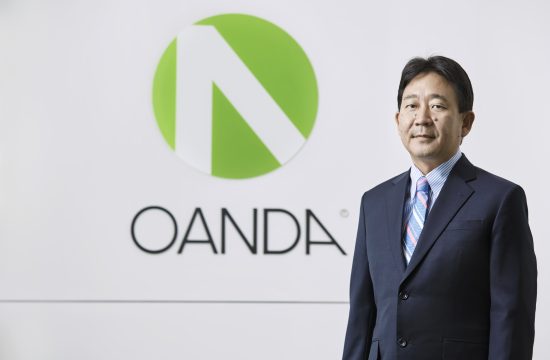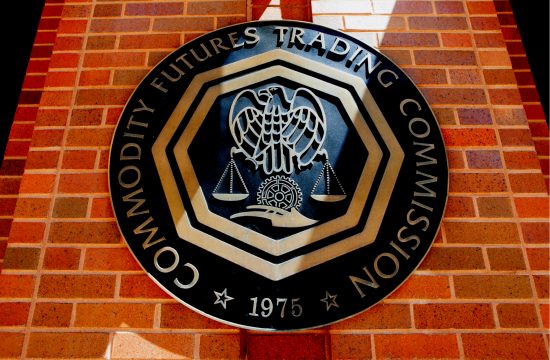OANDA, New York based forex trading serving provider recently revealed in an announcement that it has made a new addition to its APAC region senior level leadership team. As per statement released by the firm…
LabCFTC’s Purpose: Get Out of the Ivory Tower
[caption id="attachment_323617" align="alignleft" width="254"] [/caption] Though the head of the Commodities Futures Trading Commission’s (CFTC) Fintech office is working with cutting-edge technologies, he said one reason for the creation of the office…
CFTC Explains Smart Contracts
The digital world is getting even more digital and the Commodities Futures Trading Commission (CFTC) is staying up. The CFTC released a white paper entitled: “Primer Smart Contracts”. “Smart contracts are being used to drive…
Crypto Exchange Huobi Obtains DLT License from Gibraltar…
[caption id="attachment_321814" align="alignleft" width="150"] Albert Isola MP[/caption] Following the approval of a DLT license for Gibraltar Blockchain Exchange, the Singapore-based digital currency exchange Huobi has been granted the same authorization by the Gibraltar Financial Services…
Hacking a Trillion Dollar Business
[caption id="attachment_185786" align="alignleft" width="141"] Andrew Busch, Chief Market Intelligence Officer for the CFTC[/caption] Hacking is a trillion-dollar business. Andre McGregor is the head of security for TLDR Capital, a global advisory firm specializing in the…
Federal Court Orders Trading Firm and CEO to…
Washington, DC – A New York federal court has ordered New York corporation Gelfman Blueprint, Inc. (GBI) and its Chief Executive Officer Nicholas Gelfman of Brooklyn, New York, to pay in total over $2.5 million in civil monetary penalties and restitution in…
2nd Judge Rules Virtual Currency a Commodity
A second federal judge has ruled that virtual currencies are commodities. “On September 26, 2018, Senior Judge Rya W. Zobel of the U.S. District Court for the District of Massachusetts, entered an order holding that…
Virtual Currency SRO Takes Another Step Forward
A self-regulatory organization to regulate virtual currency took another step forward. The Virtual Commodity Association (VCA) announced it was forming a working group. The VCA is the brainchild of the Winklevoss twins, who initially rose…
Narrative Economics and Virtual Currency
[caption id="attachment_313061" align="alignleft" width="227"] Robert Schiller[/caption] Narratives drive markets and that had an impact on virtual currencies. Robert Schiller is a Nobel Peace Prizing winning economist and he was the latest guest on CFTC Talks…









